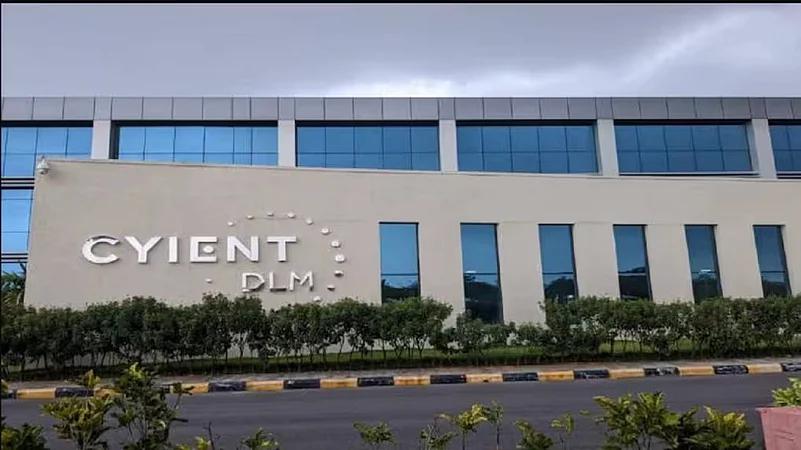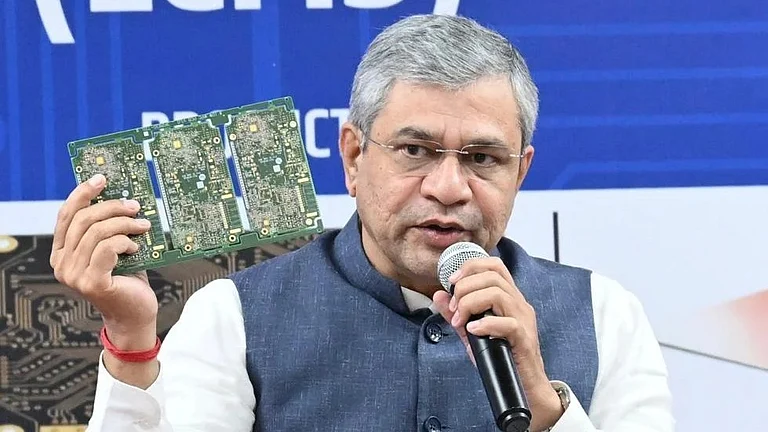
Cyient launches Cyient Semiconductors to enter bespoke chip design and ASICs
Commits $100 million to scale IP-driven, fabless domain-specific silicon efforts
Holds 800–900 IPRs; partners with MIPS and GlobalFoundries for go-to-market
Targets automotive, data-centre, medical and aerospace & defence market verticals
Engineering and tech services firm Cyient said it will move into bespoke chip design for automotive, data-centre, medical equipment and aerospace & defence applications.
The Hyderabad-based firm will draw on the 800–900 intellectual-property rights (IPRs) it holds and back the effort with a $100 million investment for its newly formed unit, Cyient Semiconductors.
Managing director Krishna Bodanapu told reporters the company will prioritise chips optimised for power efficiency and machine-to-machine (M2M) communications, areas Cyient sees as high-value as semiconductor supply chains rebalance and customers seek domain-specific silicon.
He noted Cyient’s IPR stock (largely protocols for I/O, memory and communications) positions the company to build application-specific integrated circuits (ASICs) and ASSPs for its target sectors.
Leadership & Partner Ecosystem
Cyient last month completed a carve-out of its chip business into a wholly-owned subsidiary, Cyient Semiconductors, and named industry veteran Suman Narayan to lead the unit.
The new arm has already struck technology and go-to-market partnerships, including a licensing tie-up with MIPS to build solutions on the MIPS Atlas processor portfolio and a strategic channel arrangement with GlobalFoundries to resell foundry services.
Cyient will operate a fabless model, subcontracting wafer fabrication to global foundries, the company currently outsources manufacture of several million chips and says it has not seen material disruptions from geopolitical tensions or critical-minerals squeezes so far. Management pointed to a strong cash position that can fund much of the near-term investment.
Market Opportunity & Timing
Bodanapu argued the number of chips per device/environment is rising sharply, he cited exponentially growing chip counts in modern spaces, and said Cyient aims to capitalise quickly on demand for domain-specific silicon in areas such as power delivery, industrial robotics and safety-critical automotive systems.
The $100m commitment will be deployed over one to two years as the unit scales design, IP integration and customer programs.
Cyient’s move reflects a broader industry shift toward regionalising chip design and supply and the growing attractiveness of ASIC/ASSP playbooks for companies servicing industrial, enterprise and defence OEMs.
By combining large IPR holdings, partnerships with IP and foundry players, and a fabless go-to-market path, Cyient aims to be a turnkey source of domain-specific silicon, an approach that could shorten design cycles for customers and capture higher value beyond traditional engineering services.


































